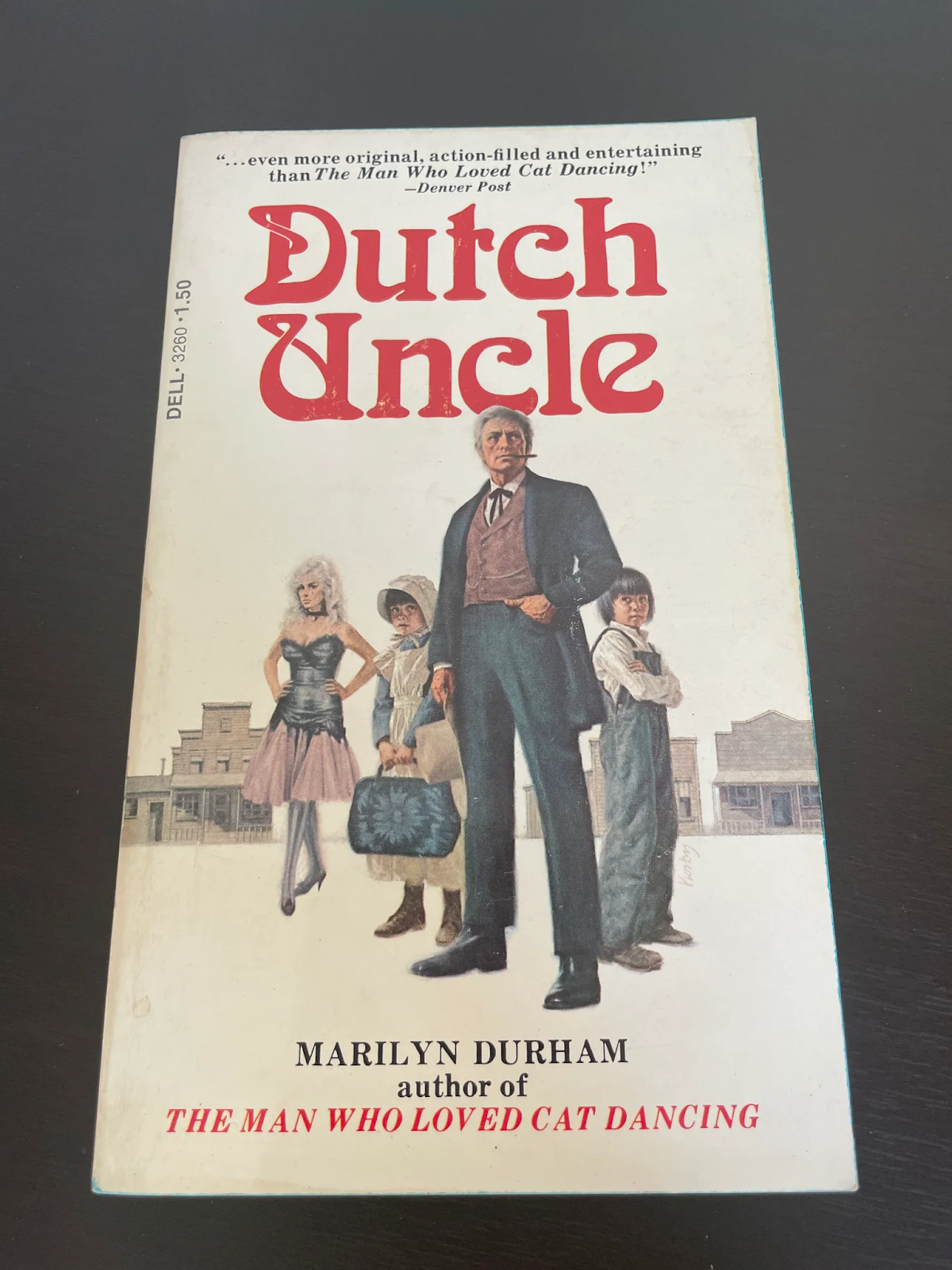The Day of the Jackal, The Odessa File,
The Dogs of War, The Fourth Protocol, these are only a few of
the volumes written by Frederick Forsythe and then turned into film.
He offers his only Western “Whispering Wind” as
a novella in his volume of short stories collectively titled The Veteran.
It was nine in the morning and already
burning hot. They had been riding for three hours. General Custer liked to
break camp early. But already the scout could smell the whiskey on the breath
of the man beside him. It was bad frontier whiskey and the smell was rank,
stronger than the perfume of the wild plum, cherry and the torrents of rambling
dog roses that grew in such profusion along the banks to give Rosebud Creek its
name.
So how is this work?
That is a tough one to answer without spoilers.
We begin with scout Ben Craig who has been reputed by
some to be the only survivor of The Battle of Little Bighorn.
The lead-up, battle-scenes and aftermath are provided
in Forsythe’s trademark well-researched forensic detail. This reader found this
section of the novel fascinating.
Then somewhere in the middle, Forsythe provides a plot
twist that I never saw coming. I cannot mention anything from this section without
spoiling it for potential readers.
It is fair to say, it resembles L ’Amour’s Last of
the Breed but with a twist. We’ll leave it at that.
I found the first half of the novel exceptional and
the second half, while not necessarily my cup of tea, still of interest.
Well worth a read for many.
You’ll know at the “twist” whether to plunge on.
It is a wild one.










